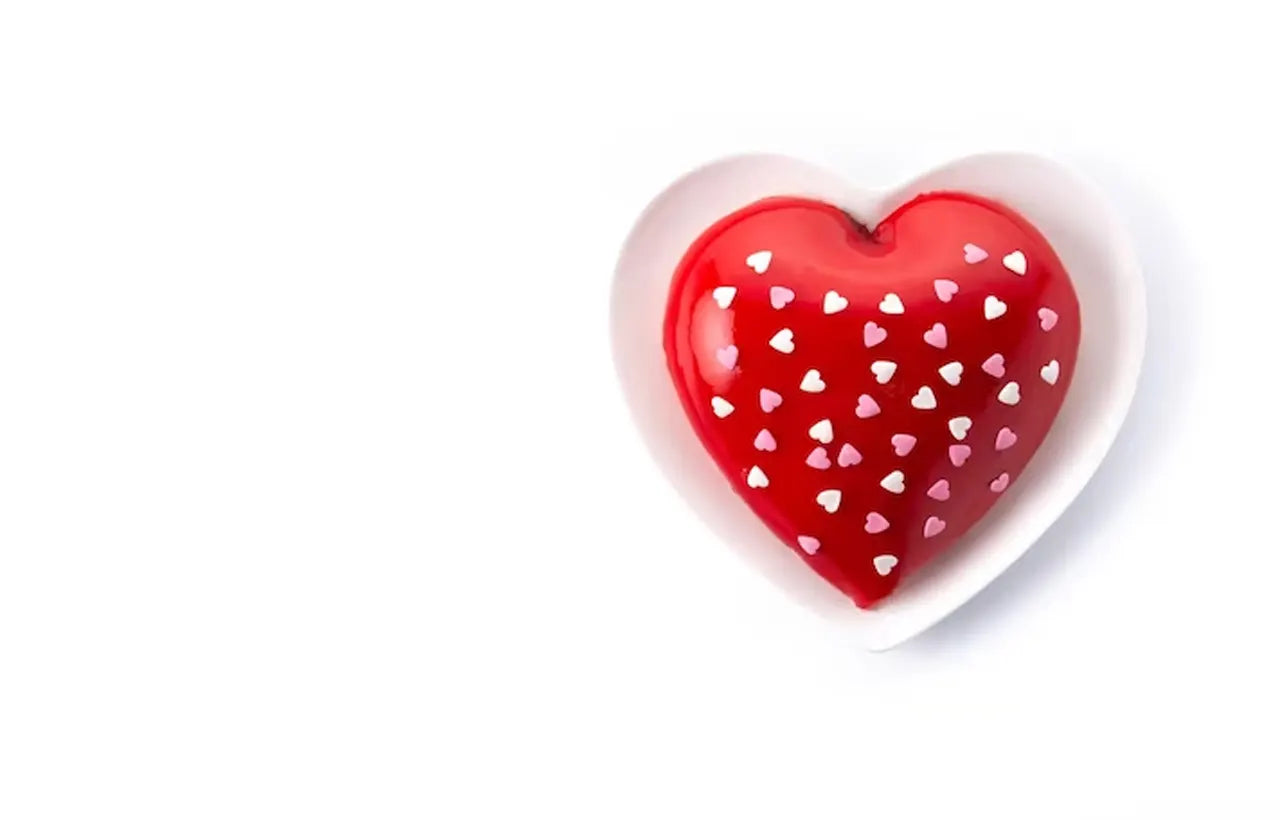Our heart, the ceaseless engine that sustains life, is indeed a marvel of biological engineering. Among its many protectors and caretakers, there is a term that many health-conscious individuals will have heard of - CoQ10 heart inflammation. In the body's grand symphony, CoQ10 is but one player, yet its potential importance to heart health cannot be overlooked. As we venture forth, we'll dive deeper into the intricacies of CoQ10, its role in heart health, and just why this humble compound has captivated the attention of health enthusiasts around the globe.
Unraveling the Structure of Ubiquinone: CoQ10 Heart Inflammation

The Dance of Biochemical Dynamics
The Chemical Name for Ubiquinone: An Illuminating Insight

Why Do We Call Ubiquinone CoQ10?
Connecting the Dots between CoQ10 and Heart Palpitations

CoQ10: A New Ally in Cardiovascular Care?
Ubiquinol and Ejection Fraction: An Unfolding Narrative











